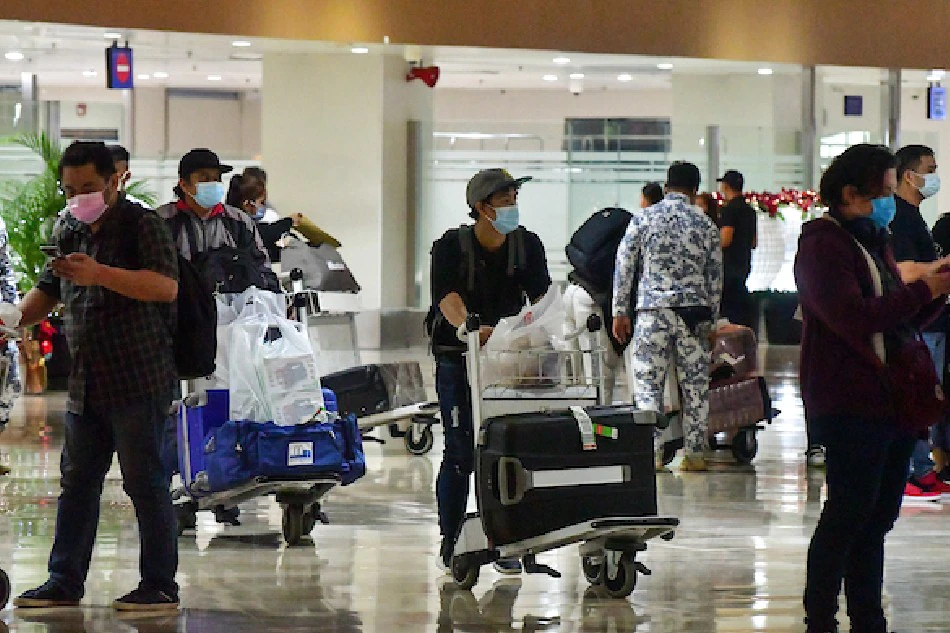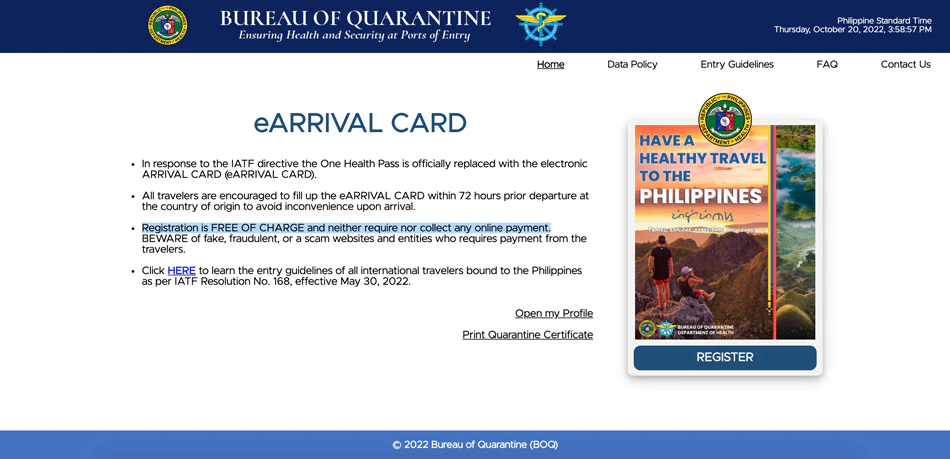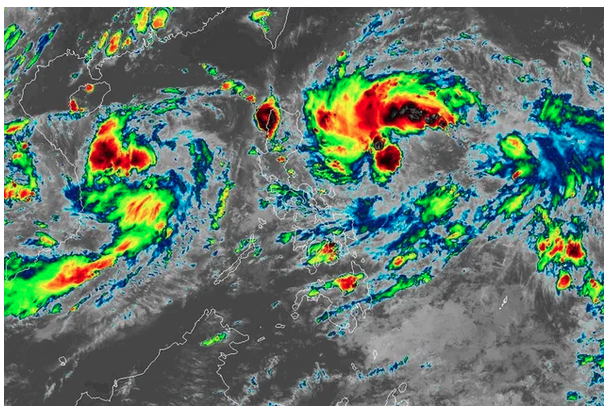The DOH said the eArrival Card would replace the "One Health Pass", which the pandemic task force scrapped following travelers' complaints on the screening system.Pre-registration on the e-arrival platform will be mandatory starting Nov. 1, 2022, said the agency.
"Through the eArrival Card, we want to make processing easier and faster while maintaining health regulation and monitoring," DOH Regulation Team Officer-In-Charge Undersecretary Charade Mercado-Grande said in a statement.
The DOH said Filipino and foreign inbound travelers can fill out the eArrival Card within 72 hours prior to departure "to avoid inconveniences upon arrival."
The agency said "only travel details, profile, and health declarations will be requested" from travelers.
"After registration, a QR code is then generated as a 'scan and go' mechanism to reduce processing time at points of entry," the DOH added.
The eArrival Card is free of charge for all travelers and may be temporarily accessed through the official website onehealthpass.com.ph pending the launch of the new platform.
“Through the eArrival Card, we hope to reduce delays and eliminate inconvenience for our travelers. We likewise aim to support the tourism sector in the country while ensuring the health and safety of both foreign and Filipino travelers," DOH officer-in-charge Maria Rosario Vergeire said.
The One Health Pass was implemented in September 2021 as mandated by a resolution from the Inter-Agency Task Force for the Management of Emerging Infectious Diseases.
Sen. Nancy Binay this month urged the government to scrap the health pass, saying it required travelers to undergo additional screening even though they are fully vaccinated.
"From the tourism lens, we might be turning away potential guests because of this added bureaucratic layer whose effectiveness isn't even guaranteed,” she added.
The country welcomed some 1.62 million visitors from February to Oct. 1, the tourism department said.
The World Health Organization has said the pandemic remained a global health emergency despite recent progress, adding it is too early to lift the highest-level alert for the COVID crisis.
The WHO first declared the COVID-19 outbreak a public health emergency of international concern on Jan. 30, 2020, when, outside of China, fewer than 100 cases and no deaths had been reported.
Though it is the internationally agreed mechanism for triggering an international response to such outbreaks, it was only in March, when WHO chief Tedros Adhanom Ghebreyesus described the worsening situation as a pandemic, that many countries woke up to the danger.
Since the start of the COVID pandemic, more than 622 million confirmed COVID cases have been reported to WHO and more than 6.5 million deaths, although those numbers are believed to be significant underestimates.








Comments
Authentication required
You must log in to post a comment.
Log in